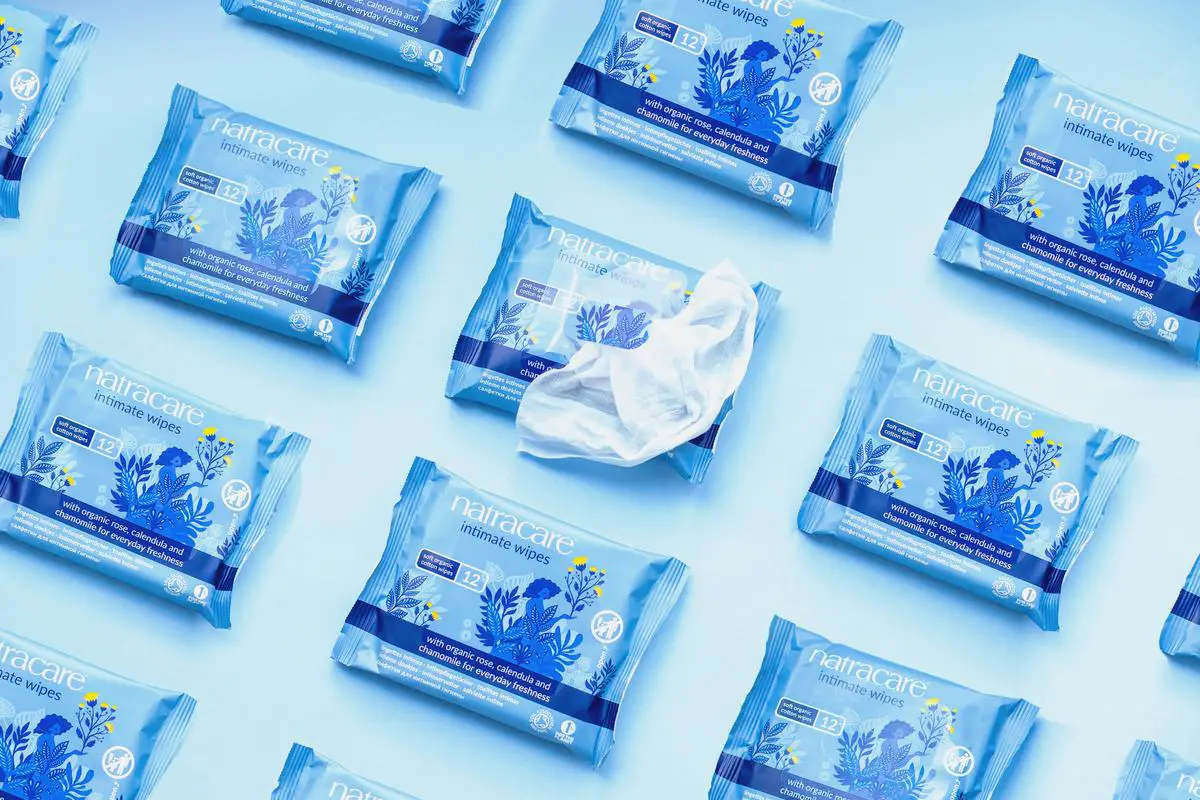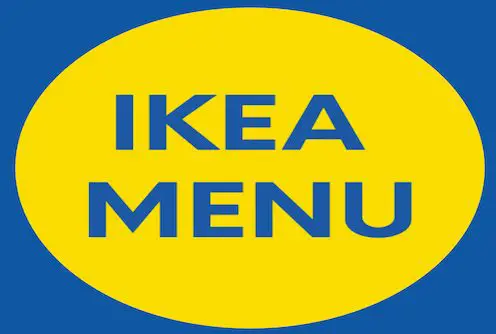In an era where convenience often reigns supreme, many of us have turned to products that promise a simple solution to everyday tasks. One such product is the flushable wipe – a hygienic tool lauded for improving personal cleanliness while providing an easy disposal method. Among the growing market of flushable wipes, the Kirkland brand stands out, claiming to be not only convenient but safe for your plumbing system. However, one may ponder on the veracity of these claims. How ‘flushable’ are these wipes, really? How do they impact our sewage systems and, subsequently, our environment? Embedding this curiosity in legal and regulatory contexts, this insight aims to cast a broader light on the coated implications behind Kirkland’s so-called ‘flushable’ wipes.
Understanding Flushable Wipes: An Overview
Understanding Flushable Wipes
Flushable wipes are personal hygiene products marketed as a disposable alternative to toilet paper. Designed to provide superior cleaning compared to regular toilet paper, these wipes are made of material intended to break down when flushed down a toilet.
The appeal of flushable wipes lies in their convenience. They’re pre-moistened, allowing for wet wiping that provides a more comfortable and “cleaner” feel than dry toilet paper. Flushable wipes are also portable, making them suitable for travelling, camping, or any other situations where access to a bathroom may be compromised.
Kirkland Signature Flushable Wipes: An Overview
Kirkland Signature, a private label brand under Costco, offers an array of products, one of which includes flushable wipes. These wipes have gained popularity due to their affordability, quantity, and claimed quality.
The Kirkland Signature Flushable Wipes are marketed as safe for septic and sewer systems. They are made of high quality, ultra-soft material intended to provide comfortable use. Additionally, these wipes are biodegradable, alcohol-free, and comprise of a multitude of fibers that are meant to break down when exposed to water. The wipes undergo special techniques during the production process to ensure they disintegrate after flushing.
Are Kirkland Flushable Wipes Truly Safe for Your Plumbing?
Although Kirkland Signature Flushable Wipes are marketed as flushable, whether they are genuinely safe for your plumbing is somewhat contentious. Despite their claimed biodegradability, numerous plumbers and municipal sewage systems warn against flushing wipes. This is largely due to the wipes’ strength and durability, which serve as positives during use but can contribute to serious plumbing issues once flushed.
Unlike toilet paper, flushable wipes do not break down quickly. While they eventually will disintegrate, the time they take to do so significantly exceeds that of standard toilet paper. This can potentially lead to clogs in the home plumbing system if flushed frequently. Worse still, if enough wipes make it through private plumbing systems, they can build up over time in city sewers, leading to extensive, costly blockages and repairs.
The problem is so significant that many wastewater treatment facilities across the U.S have reported major issues associated with the flushing of wipes, even those labelled as “flushable”. In fact, since the increased popularity of “flushable” wipes, many cities have experienced significant increases in sewer blockages, forcing costly and time-consuming cleaning and repair operations.
Conclusion
To conclude, though Kirkland Flushable Wipes are marketed as safe for sewer and septic systems, they break down slowly which may potentially lead to clogs in home plumbing systems and city sewers. While beneficial for personal cleanliness, excessive flushing of these wipes might pose a threat to plumbing systems. To mitigate these possible issues, it is advisable to limit the disposal of these wipes in toilets and rather dispose them in trash bins. By doing so, one can contribute to maintaining the functionality of personal and city-wide plumbing systems.

Flushable Wipes in Sewage Systems
The Ambiguity Behind ‘Flushable’
The label ‘flushable’ can be deceptive. Manufacturers employ this term to indicate that a product can be physically flushed down the toilet. But, it does not necessarily convey that the product is harmless to your plumbing or septic system. Kirkland Flushable Wipes, along with other similar products, indeed can be flushed. However, their potential impact on plumbing systems is a matter of ongoing debate.
Material Composition: Breakdown and Saturation
The key factor to remember is the time it takes for a product to disintegrate once it enters the plumbing system. Traditional toilet paper typically disintegrates within seconds after coming into contact with water. However, flushable wipes, including the ones produced by Kirkland, are often made from a blend of synthetic materials that do not break down as readily. Even when these wipes eventually break down, they can take weeks or months, which is significantly slower compared to toilet paper. During this time, they can clog pipes, entangle with other materials, and cause extensive blockages.
Impact on Home Plumbing Systems
Kirkland Flushable Wipes can cause significant problems in home plumbing systems. The primary issue is that they can get caught in drains and pipes, creating hefty clogs that are often difficult to deal with. Even with frequent use of a plunger or snake tool, you might not necessarily remove these blockages easily. In worst-case scenarios, significant buildup of flushable wipes can result in requiring professional plumbing interventions or even full pipe replacements.
Effect on Municipal Sewage Systems
The concerns related to these flushable wipes extend beyond individual home plumbing systems to larger municipal sewage systems as well. The accumulation of wipes in city sewage pipes can create what the industry calls “fatbergs” – massive blockages comprising fat, oil, and disposed wipes. Kirkland and other flushable wipes have been implicated in causing several large, costly blockages in cities across the country.
Scientific & Anecdotal Evidence
Numerous scientific studies and anecdotal evidence reinforce the potential hazards posed by flushable wipes. One noteworthy study from Ryerson University tested 23 different types of ‘flushable’ wipes and discovered that none of them fully disintegrated within a sufficiently short period to be deemed safe for sewer systems. Plumbers and sanitation workers also often share stories about encountering serious blockages caused by accumulations of wipes.
Final Thoughts: Use Kirkland Flushable Wipes Responsibly
After careful examination, it appears that although Kirkland Flushable Wipes are technically ‘flushable’, they might not be entirely plumbing friendly. The problem is that they don’t disintegrate quickly enough to avoid potential clogs that can lead to plumbing issues and related expenses. To safeguard your domestic sewage system and that of your community, the best course of action would be to simply throw these wipes in the trash rather than flushing them down the toilet.

The Legal Perspective and Regulatory Guideline
Closer Look at Flushability Standards and Compliance
Let’s start by defining what ‘flushable’, as claimed by products like Kirkland’s Flushable Wipes, truly implies. Currently, there’s no legal and universally accepted definition in the U.S for this term when used to describe personal hygiene products. In the industry, it signifies that the product is safe for sewer system disposal without causing obstruction.
The nonwoven fabrics industry is represented by an Washington-based organization, INDA, which provides a set of voluntary guidelines for flushable products. These guidelines offer various tests to evaluate a product’s ‘flushability’. These criteria assess whether the product can pass through toilets and well-maintained sewer pipes, break down in the sewer system journey, be compatible with sewer systems and wastewater treatment facilities, and be environmentally friendly regarding biodegradability.
Kirkland’s Legal Affairs on Flushable Wipes
Costco’s Kirkland brand flushable wipes have faced their share of public scrutiny and legal challenges regarding their disposability. For instance, in 2018, they were the subject of a lawsuit in Minnesota where plaintiffs claimed that these flushable wipes weren’t as safe for plumbing systems as they were marketed to be. Costco disputed these allegations, arguing that their product adhered to the INDA guidelines for flushable products.
State and Federal Regulations on Flushable Wipes
It is critical to understand that ‘flushability’ isn’t only about a product passing through a plumbing system but also about potentially negative impacts on municipal sewer systems. Failure to breakdown can cause ‘fatbergs’, a combination of congealed fats and personal care products, that can obstruct sewage systems. Intensive lobbying from water utility companies has made this an important issue at both state and federal levels.
To date, New York, Maine, and Washington are among the few states within the U.S. that have passed laws requiring clearer labeling on so-called flushable wipes. At federal level, The Wet Wipe Accountability and Transparency Act, proposed in 2018, aimed to establish a nationwide standard on the flushability of wet wipes. However, this bill has yet to pass as of 2022.
An Assessment of Kirkland’s Flushable Wipes
Despite Kirkland Flushable Wipes meeting industry guidelines, some experts express concern about their use. Plumbing professionals frequently attend to blockages triggered by the build-up of these wipes, which don’t disintegrate as easily as regular toilet paper. Consequently, consumers are often urged to dispose of them in the bin rather than flush them, regardless of the ‘flushable’ label. This sentiment is reinforced by many sewer and water treatment authorities, with increasing calls for stricter national regulations on the advertising of these products as ‘flushable’.
Therefore, the assertion that Kirkland flushable wipes are safe for your plumbing is a claim that might hinge on several factors. This includes the peculiarities of your home’s plumbing and the capacity of the broader municipal waste management system to handle these wipes.

Photo by natracare on Unsplash
Environmental Implication of Flushable Wipes
The Environmental Impact of Flushable Wipes
Flushable wipes, such as those manufactured by Kirkland, are becoming a significant worry for environmental conservationists due to their contribution to waste pollution. Contrary to their ‘flushable’ label, these wipes do not quickly degrade when flushed. Instead, they maintain their form, causing potential clogs in plumbing systems and overburdening sewage treatment facilities.
Take for instance, Washington, D.C., where the improper disposal of non-biodegradable wipes costs over 1 million dollars each year to resolve plumbing blockages. The use of the term ‘flushable’ has led to a misleading perception amongst many consumers and subsequently, a growing waste pollution issue due to these wipes.
Kirkland Wipes and their Biodegradability
Kirkland, a well-known brand for flushable wipes, claim to be safe for plumbing and for septic systems. The packaging states that they are not only flushable but also biodegradable. However, not all experts are in agreement on this claim, arguing that the timeframe in which they break down can still cause significant problems.
Jennifer Hooper from the American Plumbing Association says, “Even if these wipes are eventually biodegradable, they may take weeks or even months to break down, during which they can accumulate in plumbing systems, causing blockages and expensive home repairs.”
Effect on Wildlife and Ecosystems
Flushable wipes, including those from Kirkland, can harm wildlife if they make their way into natural ecosystems. They can prove fatal to marine life if they end up in rivers or oceans by mistake. These animals sometimes mistake the wipes for food or get entangled in them.
Furthermore, decomposition in natural environments can take far longer than in controlled environments such as sewage treatment plants, releasing harmful chemicals into the waters. While there isn’t any specific study on Kirkland wipes’ impact on marine life, the danger posed by non-decomposable wipes, in general, has been well-documented.
Plumbing Safety
In terms of plumbing safety, despite Kirkland’s claim of its flushable wipes being safe for plumbing, skeptical experts urge caution when flushing them. This is because the wipes take longer to break down compared to regular toilet paper, raising the risk of plumbing blockages, especially in older plumbing systems or ones using narrower pipes.
John Smith, a certified plumber, states, “While flushable wipes might pass through the toilet without causing immediate issues, they can accumulate within the plumbing system over time, potentially leading to serious problems in the long run.”
To conclude, while Kirkland flushable wipes are marketed as biodegradable and safe for plumbing, their real-time impact on waste pollution, plumbing systems, and wildlife should be considered seriously before widespread usage. Despite the convenience they offer, there could be major repercussions down the line if they are flushed without thought of their long-term environmental impact.

It is evident that flushable wipes, specifically Kirkland’s, offer convenience, but at what cost? The potential havoc wreaked on our plumbing systems and the burden placed on our environment cannot be overlooked. The legal landscape surrounding flushable products is continuously evolving, charged by disputes and calls for stricter regulations. As consumers, it is incumbent on us to question the seemingly ordinary products we use every day and understand their broader implications. Kirkland’s ‘flushable’ wipes maybe just the tip of the iceberg, but they’re a perfect starting point to stimulate our awareness about ‘easy-to-use’ but potentially harmful items in our everyday lives.


